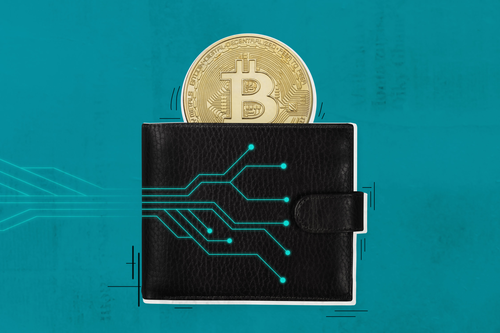
A cryptocurrency wallet refers to a mobile application or physical device that allows cryptocurrency owners and users to store and withdraw their digital assets. Similar to any other currency, you do not require a wallet so that you can spend your cash. However, a wallet helps you keep your money well organized, all in one place.
When a cryptocurrency user obtains cryptocurrency, for instance, bitcoins, they can keep it in a cryptocurrency wallet and use it to perform transactions from there. This article will give a clear crypto wallets guide, majorly focusing on what they are and what they are used for.
Crypto wallets are very similar to typical applications that you run on your average smartphone or computer. However, people who prefer the tangible experience of physically holding a wallet can purchase a physical gadget that runs a crypto wallet application.
Satoshi Nakamoto introduced the first-ever crypto wallet in 2009 when he introduced the bitcoin protocol. Bitcoin is the most renowned and widely used cryptocurrency, with other relatively new cryptocurrencies emerging. The aforementioned emerging cryptocurrencies build upon bitcoin’s blockchain technology and can be stored in crypto wallets. It is worth noting that a single crypto wallet is capable of holding multiple cryptocurrencies.
What are crypto wallets used for?
Crypto wallets keep a user’s private keys safe and accessible. These keys refer to passwords that give a user access to their cryptocurrencies. This access to cryptocurrencies allows a user to send and receive cryptocurrencies. Generally, cryptocurrency users can use crypto wallets in the following ways:
- Managing all their digital assets in one place.
- Controlling their private keys Sending and receiving cryptocurrencies all across the world
- Making payments to vendors and service providers who accept cryptocurrencies.
On the other hand, private keys allow users to access a cryptocurrency on the blockchain. A private key should never be shared since it serves as the ordinary ATM card personal identification number.
As with regular banking, cryptocurrency holders need to choose the most appropriate wallet for their needs.
Something went wrong, please try again later.
This resource hasn't been reviewed yet
To ensure quality for our reviews, only customers who have downloaded this resource can review it
Report this resourceto let us know if it violates our terms and conditions.
Our customer service team will review your report and will be in touch.
